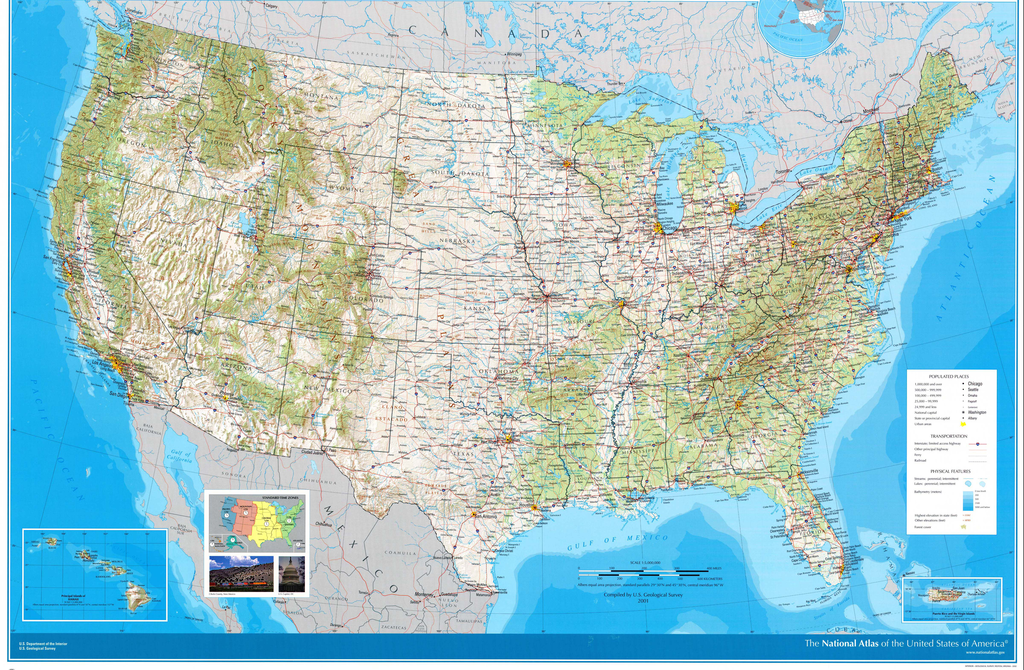Let’s talk reciprocals.
Reciprocity agreements mean that two states allow its residents to only pay tax on where they live—instead of where they work. For instance, this is particularly important to higher wage earners who live in Pennsylvania and work in New Jersey. Pennsylvania’s top rate is 3.07%, while New Jersey’s top rate is 8.97%.
The following states have reciprocal agreements:
State Reciprocity States
Arizona California, Indiana, Oregon and Virginia
Illinois Iowa, Kentucky, Michigan and Wisconsin
Indiana Kentucky, Michigan, Ohio, Pennsylvania and Wisconsin
Iowa Illinois
Kentucky Illinois, Indiana, Michigan, Ohio, Virginia, West Virginia and Wisconsin
Maryland Pennsylvania, Virginia, Washington, D.C. and West Virginia
Michigan Illinois, Indiana, Kentucky, Minnesota, Ohio and Wisconsin
Minnesota Michigan and North Dakota
Montana North Dakota
New Jersey Pennsylvania*
North Dakota Minnesota and Montana
Ohio Indiana, Kentucky, Michigan, Pennsylvania and West Virginia
Pennsylvania Indiana, Maryland, New Jersey, Ohio, Virginia and West Virginia
Virginia Kentucky, Maryland, Pennsylvania, Washington, D.C. and West Virginia
Washington, D.C. Maryland and Virginia
West Virginia Kentucky, Maryland, Ohio, Pennsylvania and Virginia
Wisconsin Illinois, Indiana, Kentucky and Michigan
*After nearly forty years, the reciprocity agreement between New Jersey and Pennsylvania will end on December 31, 2016. On September 2, 2016, New Jersey Governor Chris Christie signed a deal to terminate the agreement effective January 1, 2017, in a move that some believe may generate $180 million in additional revenue for New Jersey. This means that—for the first time since 1978—wealthy taxpayers who work in New Jersey, but live in Pennsylvania, will pay substantially higher income taxes.
This topic may get revisited, but it’s a good idea to keep watching for updates.
——————
James Paille CPP is the Director of Operations for Thomson Reuters myPay Solutions. He has been an executive manager in the payroll service industry for more than 30 years, specializing in managing multi-location offices. Jim is President of the American Payroll Association as well as a member of the National Speakers Bureau and chair of the CPP Certification Review Panel. He holds a Bachelor of Science in Accounting from St. John Fisher College in Rochester, NY.
Thanks for reading CPA Practice Advisor!
Subscribe Already registered? Log In
Need more information? Read the FAQs




